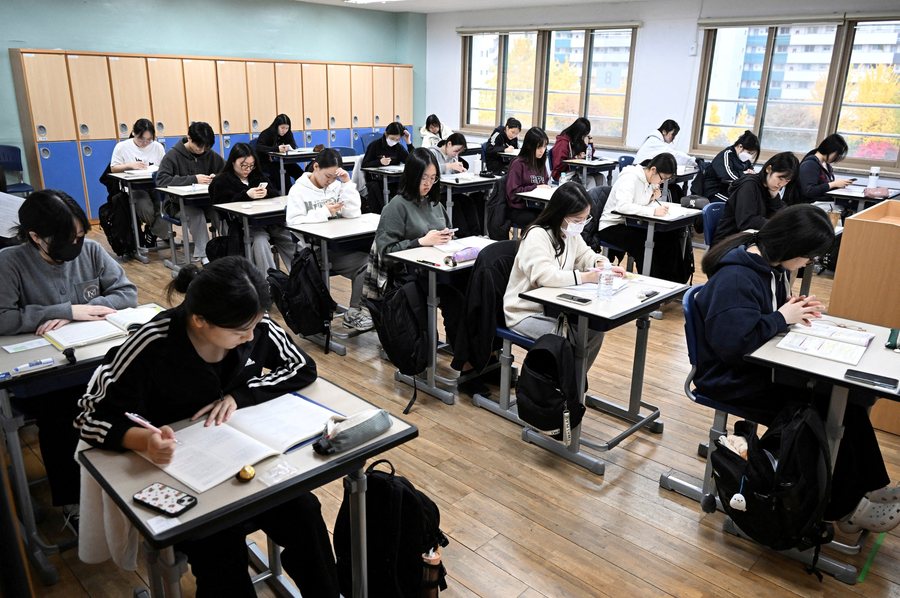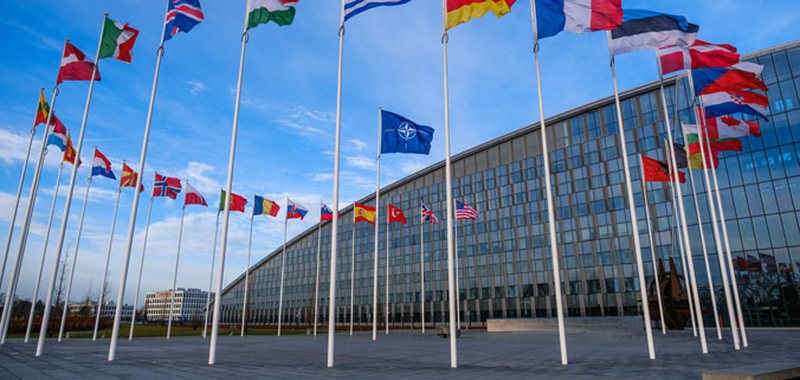South Korea bans phones in schools - New law aims to curb children's addiction to social media

South Korea has passed a law banning the use of mobile phones and other digital devices in classrooms across the country, amid growing concerns about the impact of excessive social media use on young people.
This ban, which will come into effect from March next year, makes South Korea the latest country to restrict the use of smartphones and social networks by minors.
Australia recently extended its ban on social media to teenagers. Meanwhile, a study in the Netherlands concluded that banning cell phones in schools improved students' concentration.
According to the American Pew Research Center, South Korea is one of the most digital countries in the world, with 99% of the population online and 98% owning a smartphone, the highest percentages among the 27 countries analyzed during 2022–2023.
The phone ban law received bipartisan support during a vote in parliament. “The addiction of our young people to social media has reached a worrying level,” said an opposition lawmaker and one of the bill’s sponsors. “Our children have red eyes every morning. They stay on Instagram until 2 or 3 in the morning,” he told parliament.
According to a survey conducted last year by the Ministry of Education, about 37% of middle and high school students reported that social media affects their daily lives, while 22% said they feel anxious if they cannot access their accounts. Many schools in South Korea already implement their own restrictions on cell phone use, and this law makes this practice official.
Digital devices will still be allowed for students with disabilities or for educational purposes. Some youth rights groups have spoken out against the decision, saying it violates children's rights.

EU proposes quotas for steel industry - Seeks cooperation with US to avoid tariffs
The European Union should speed up negotiations with the United States on a system of tariff-rate quotas with differentiated tariffs to avoid the existing......

Only 3 NATO countries meet new target - All member countries will reach old spending threshold this year
All NATO member countries will reach the old defense spending target of 2% of GDP this year, but only three countries currently meet the new higher target,......

“Up to 9 years in prison for tax evasion” - New Criminal Code for businesses. Anyone who does not pay taxes on time risks 1 year in prison
Businesses operating in the country must be more careful in their activities as the new Criminal Code released for public consultation targets any attempt at......

Muzhaqi: Record number of applications in the National Internship Program
The National Internship Program saw an extraordinary surge in interest this year, with 3,314 young people applying, the highest number of applications in the......

12-month bonds, yield falling again - Average interest rate dropped to 2.6% in the last auction
The average interest rate on 12-month treasury bills continues to decline. In the last auction, the weighted average yield fell to 2.6%. Thus, the yield is......

Electricity production falls - April-June, INSTAT: Imports increased, while exports decreased
The second quarter of the year did not result positively in terms of electricity production, as the hydro situation contributed to a 4.6% decrease in net......

Beauty professions as employment opportunities in emigration - Beautician: Girls give up on diplomas, turn to "nails and eyelashes"
"Many girls who have completed their higher education here in Albania, give up the schools they attended and turn to the field of aesthetics, only to then......

"The battle with the fires as a dramatic chronicle" - Rama: Albania was not broken! We will have our own fleet of aircraft
The country's Prime Minister, Edi Rama, participated in the National Gratitude Ceremony, where medals and awards were given to all forces engaged in......


















